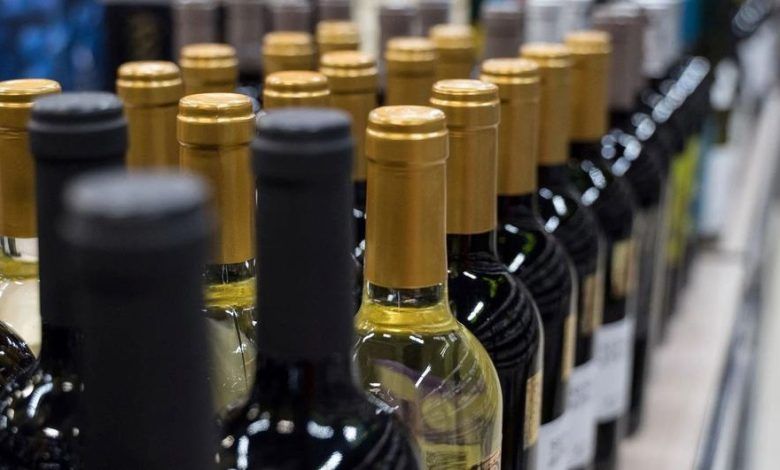
A new study by the World Health Organisation’s Centre for Cancer Research has found that alcoholic beverages particularly beer and spirits may increase the risk of developing pancreatic cancer.
The large-scale study, led by the WHO’s International Agency for Research on Cancer (IARC), analysed data from nearly 2.5 million individuals across Asia, Australia, Europe, and North America. It revealed a “modest but significant” link between alcohol intake and the risk of pancreatic cancer, regardless of gender or smoking habits.
Dr. Pietro Ferrari, senior author of the study and Head of the Nutrition and Metabolism Branch at IARC, explained that while alcohol is a recognised carcinogen, previous research had failed to establish a clear connection to pancreatic cancer. “Until now, the evidence linking alcohol consumption specifically to pancreatic cancer has been considered inconclusive,” he said.
The pancreas plays a critical role in digestion and blood sugar regulation. Pancreatic cancer remains one of the deadliest forms of cancer, primarily due to its typically late diagnosis.
The study found that every additional 10 grams of alcohol consumed daily increased the risk of pancreatic cancer by 3%. For women consuming between 15 and 30 grams daily roughly one to two drinks the risk was 12% higher compared to light drinkers. Among men, those drinking 30 to 60 grams per day faced a 15% increased risk, while those consuming over 60 grams daily had a 36% higher risk.
Dr. Ferrari noted that although alcohol is often used alongside tobacco, which is also a known risk factor, the study accounted for this variable. “Our analysis showed that the link between alcohol and pancreatic cancer risk remains even among non-smokers, confirming that alcohol itself is an independent risk factor,” he said.
While these findings strengthen the case against heavy alcohol use, Ferrari emphasized the need for further research to explore the effects of long-term alcohol consumption, including binge drinking and exposure during early life.





